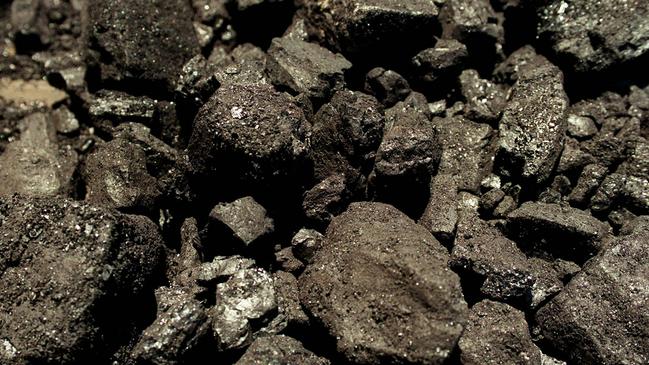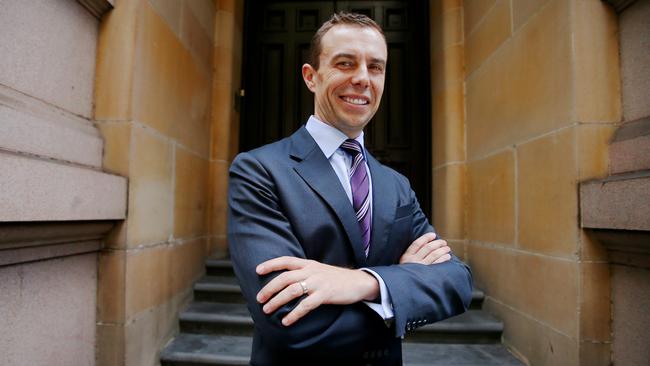Australia singled out for ‘resistance’ to move from coal at World Economic Forum
Foreign economists for one the world’s largest think-tanks have turned to activism by publicly shaming Australia for not “abandoning coal”.
NSW
Don't miss out on the headlines from NSW. Followed categories will be added to My News.
Foreign economists for one the world’s largest think-tanks have turned to activism by publicly shaming Australia for not “abandoning coal”.
The World Economic Forum released its energy transition index on Monday which singled out Australia for its “resistance” to moving away from coal while begrudgingly admitting radical climate policies had created “social unrest” in countries like Paris.
The group, which has “Industry Affiliations” with several renewable energy companies, ranked Australia 43rd on its energy transition index behind the likes of Mexico, Romania and Lithuania.
World Economic Forum head of future energy Roberto Bocca targeted Australia saying it was one of only three large economies to lose marks “primarily due to their low scores on environmental sustainability”.

MORE NEWS
Ex-Origin star almost dies from drug overdose
Michael Daley stands down as NSW Labor leader
’It’s just too quiet’: Foster mum’s frantic search for William
“Recent resistance from the Australian government to abandoning coal, along with calls by the US administration to revise the previous administration’s clean power plan, sheds light on the complexity of developing stable policies,” Mr Bocca wrote in the report.
“Both governments have presented counterarguments to abandoning coal that are linked primarily to the effect on localised economies or communities.”
Australia has committed to reducing carbon emissions by 26 per cent by 2030 and donated $200 million to the Paris Agreement affiliated Global Climate Fund in 2015.
NSW Minerals Council chief executive Stephen Galilee said the comments within the report were absurd and out of touch with voter sentiments.

“Here in NSW the voters just rejected the Greens policy agenda to shut down our coal sector with the Greens vote falling to its lowest level in 12 years,” Mr Galilee said.
“It’s a bit rich for others to call on Australia abandon one of our most valuable energy-generating industries when they can fall back on nuclear reactors and gas pipelines keep them warm at night.
“Much of Europe is a lesson on how not to manage an energy transition, so while this advice is noted I doubt any responsible government here would consider accepting it.”
Nationals MP Michael Johnsen said European scientists did not have to have difficult conversations with families struggling to pay their high energy prices.
“If we were completely shut off coal then it would send us broke and the damage would be far more detrimental than a property market collapse,” he said.
“These people have an ideological position and when you are representing constituents and cost of living is an issue you have to be pragmatic.
“If you make decisions on ideology you are doomed and so is your community
“Besides the fact I am sick and tired of comparisons with European countries to Australia because we are a small population on a bloody big island not a large population on a small land mass … they have no idea about the vastness of Australia and the challenges which follow.”

The report touched on the damage radical climate policies were doing to some countries but only in the context that if communities were squeezed too hard they would be unable to “decarbonise”.
“Failure to adequately address negative impacts and provide support for individuals adversely affected can lead
to political resistance and social unrest,” Mr Bocco said.
“The recent Yellow Vest movement in France, which started in response to multiple increases in fuel taxes, exemplifies the need for inclusiveness and equity in energy transition.”
Originally published as Australia singled out for ‘resistance’ to move from coal at World Economic Forum



